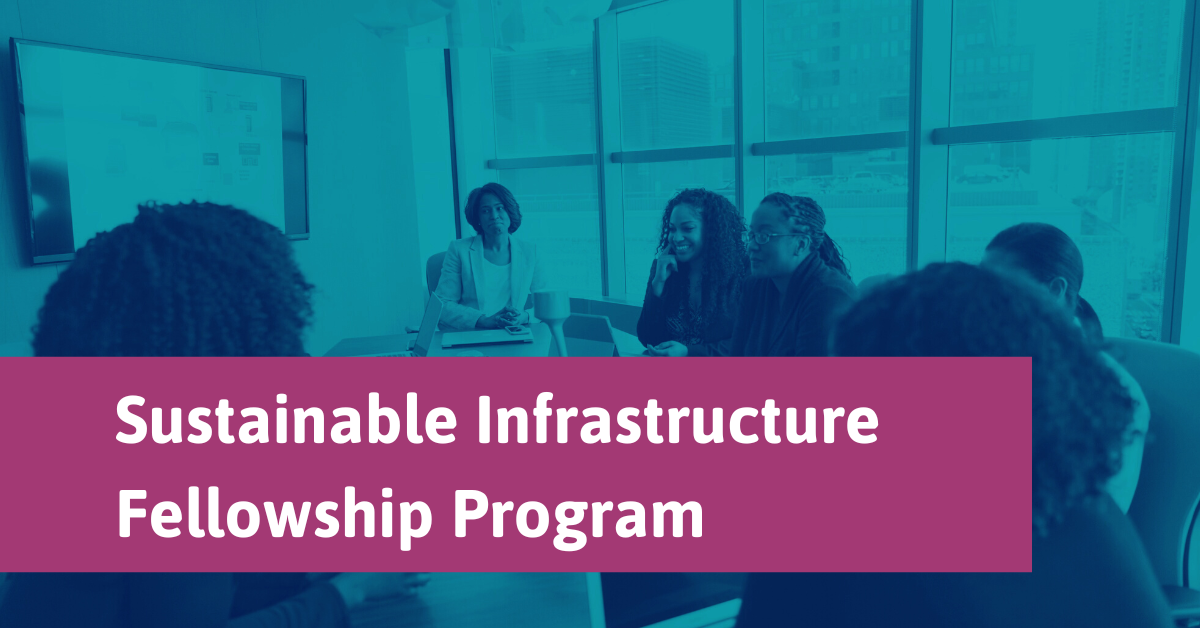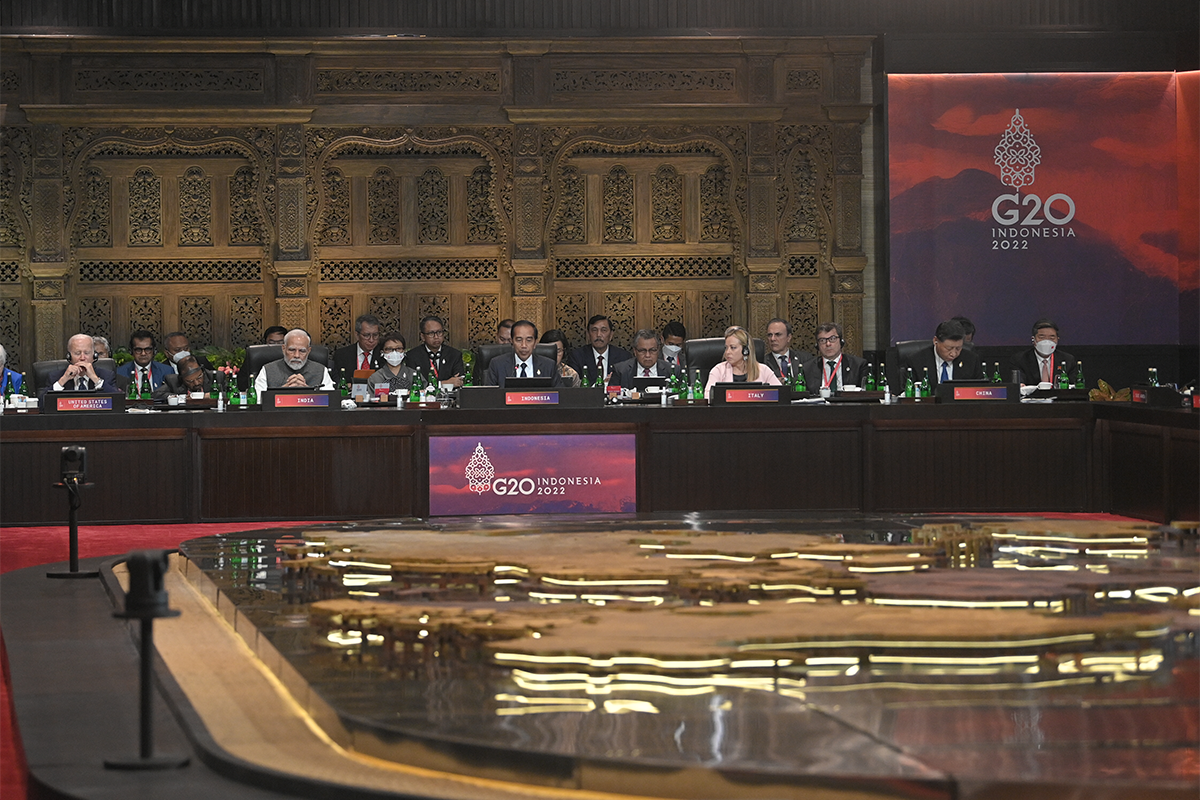1740 results found
Featured results



More results

The report identifies and illustrates three critical success factors that governments should be aware of and should seriously consider for their operations and mainteance strategies.





This publication outlines the technical assistance in the form of CEPs workshops for government officials in DMCs.

This report of the Independent Expert Group (IEG) of the G20 recommends a triple agenda of reforms to multilateral development banks (MDBs).

This publication examines the effective regulation and governance practices of the pharmaceutical sector in the Greater Mekong Subregion.

This week, the G20 Heads of State and Government Summit was held in Bali, Indonesia. The Summit had the world’s attention, as we looked to G20 Leaders to tackle the multiple challenges of the war in Ukraine, increasing inflation and the global economic slowdown, and climate change.
This paper, prepared as a sectoral note for the Lifelines report on infrastructure resilience, investigates the vulnerability of the power system to natural hazards and climate change, and provides recommendations to increase its resilience.


Presents the findings of a desktop research study of standard public-private partnership (PPP) contracts and contractual principles from economies with well-developed PPP programs and more.


This report presents the findings of the analysis of unit costs and cost overruns of road infrastructure projects in Africa.

The study provides a qualitative and quantitative analysis of the employment impact EIB projects in four Mediterranean partner countries.

To promote the country’s participation in the more than 80% of world trade which is carried by sea, GI Hub has delivered Brazil’s Ministry of Infrastructure a market sounding report to optimise its Port Privatisation Program.
The ability of MDBs to maintain their central role in sustainable development in developing countries hinges on the banks’ ability to increase investing capacity and meet the needs of those countries.



This articlehighlights the process and lessons learned from the Vulnerability Assessment and Climate Resilient Road Strategy of the Samoan road network, and outlines a replicable approach for small island nations with acute capacity challenges that seek to balance analytical rigor with the need for practicality.

sustainABLE is a free online platform modelled on research jointly published by UNOPS and the University of Oxford-led Infrastructure Transitions Research Consortium. The extensive research explored the critical role of infrastructure in achieving the SDGs. The tool aims to advance the SDGs by promoting practical measures that encourage project sustainability across a broad range of sectors.

Despite abundant surface freshwater, only 84% of Brazil’s people have access to potable water, and only 50% have access to sewerage. Insufficient public funds and limited use of private capital have resulted in limited progress in improving access to water and sanitation. The Corsan Water Supply, Efficiency, and Resilience Project is leveraging private financing to address losses in water distribution and mitigate climate change risks.

Sustainable infrastructure is infrastructure that delivers long-term economic, social, and environmental (ESE) benefits.



SIFP equips senior leaders in emerging markets with the skills to increase private investment in sustainable infrastructure.


The Navigator – a web-based platform – helps project teams, public authorities and financiers to find the right sustainable infrastructure tool from amongst 50+ rating systems, high-level principles and guidelines.

This paper examines recent arguments and trends in the discussion around sustainable infrastructure.








